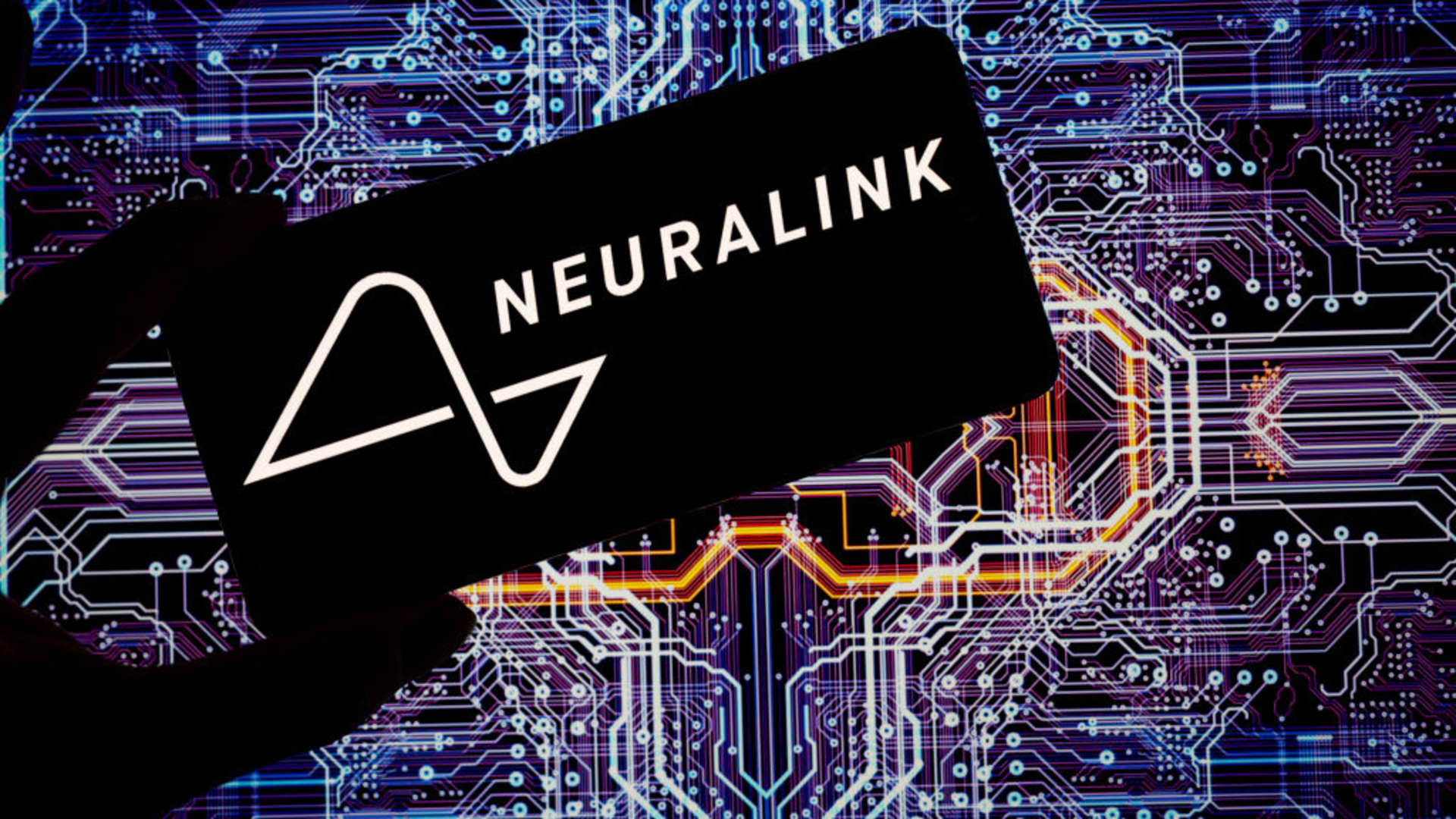Elon Musk‘s startup Neuralink on Wednesday said part of its brain implant malfunctioned after it put the system in a human patient for the first time.
Neuralink has built a brain-computer interface, or a BCI, that could eventually help patients with paralysis control external technology using only their minds. The company’s system, called the Link, records neural signals using 1,024 electrodes across 64 “threads” that are thinner than a human hair, according to its website.
In January, Neuralink implanted the device in a 29-year-old patient named Noland Arbaugh as part of a study to test its safety. The company streamed a live video with Arbaugh as he used the BCI in March, and Neuralink said in an April blog post that the surgery went “extremely well.”
But in the weeks afterward, a number of threads have retracted from Arbaugh’s brain, Neuralink said in a blog post Wednesday. This meant there were fewer effective electrodes, which inhibited the company’s ability to measure the Link’s speed and accuracy.
Neuralink did not disclose how many threads retracted from the tissue. The company did not immediately respond to CNBC’s request for comment.
As a workaround, Neuralink said it modified the recording algorithm, enhanced the user interface and worked to improve techniques for translating signals into cursor movements, the blog post said. Neuralink reportedly considered removing the implant, but the problem hasn’t posed a direct risk to Arbaugh’s safety, according to The Wall Street Journal, who earlier reported on the problem. Neuralink shared its blog post after the Journal asked the company about the issue, according to the report.
Though some threads retracted from Arbaugh’s brain tissue, Neuralink said he is using the company’s BCI system for around eight hours a day during the week, and often as many as 10 hours a day on the weekends.
Arbaugh said the Link is like a “luxury overload,” and it has helped him to “reconnect with the world,” according to the blog post.
Neuralink is not the only company that is building a BCI system, and the technology has been explored in academic settings for decades.
Neuralink has a long road of safety and efficacy testing ahead before it can be eligible for approval from the U.S. Food and Drug Administration to commercialize the technology.
